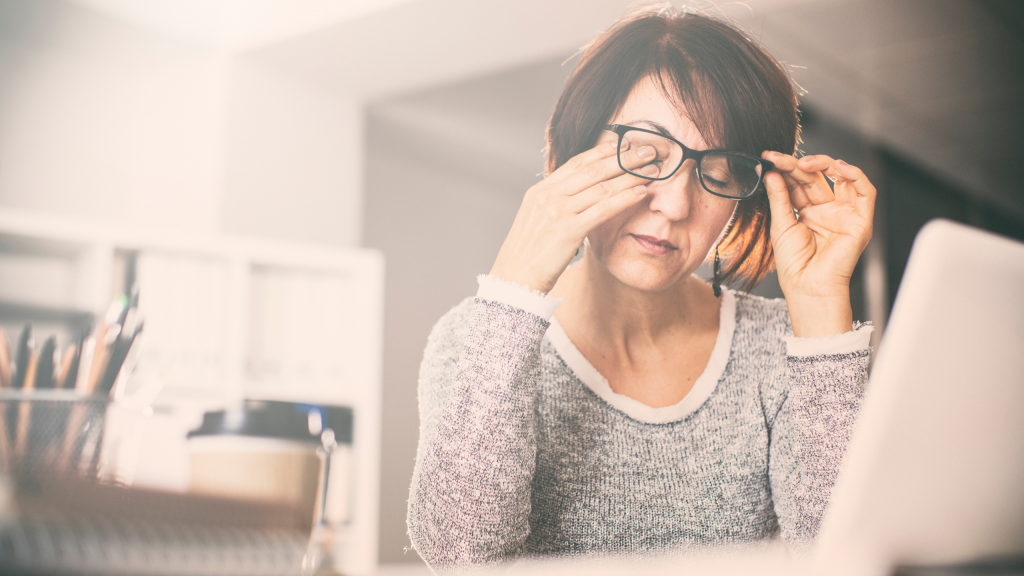Do You Need Prescription Glasses?

Do You Need Prescription Glasses?
A blurry vision is a tell-tale sign that you need prescription glasses, but there are so many more reasons to get yourself one. According to the Vision Impact Institute, about 60% of the total global population have to get their eyes corrected to see clearly.
The American Academy of Ophthalmology estimated that over 150 million Americans need to use corrective eyewear in America alone. The thing is, sometimes it’s difficult to really see if you need prescription glasses or not.
The most common glasses are eye strain, headache, frowning, and squinting. If you already have these symptoms, then it may be the right time to visit your eye doctor. Here are some signs to look out for to help you decide if you need to get your eyes checked and corrected.
Myopia (nearsightedness)
This eye issue makes it hard for a person to see people and objects at a distance clearly. People with Myopia see better when things and people are up close.
Hyperopia (farsightedness)
This is the opposite of myopia. Hyperopia makes it hard for people to see things and objects up close. Their vision is much better when they’re seeing things and people at a distance.
Presbyopia
This is a common eye problem for people nearing 40 and beyond. It gets more difficult for them to focus their eyesight on objects and people.
Cataracts
It occurs when a cloud forms over your eye’s natural lens, especially when they reach the age of 40 or beyond. Cataracts can be treated with surgery and implantation of an intraocular lens (IOL).
Computer vision syndrome
This is more common for those who are exposed to electronic devices with screens or monitors such as smartphones, TVs, computers, and tablets. Commonly known as digital eye strain, the symptoms include–
Blurred vision
Double vision
Dry eye
Eye discomfort
Difficulty seeing at night
The inability to see things clearly at night is another sign that you need prescription glasses. This is especially important if you are driving at night and can’t clearly see the road signs. You may be in the early stages of cataracts.
Double vision
You can get double vision for various reasons. Some cornea problems can cause the muscles around your eyes to be strained.
Eye pressure
Pressure behind the eye is a sign of glaucoma. It’s a serious eye condition, but there’s no need to panic because it’s treatable. However, if taken for granted, the pressure buildup may damage the optical nerve that sends images to your brain. Although not everyone who feels eye pressure gets glaucoma. Still, a proper check up is necessary.
These symptoms are only signs that you can look out for, but these are not guarantees for you to decide to get prescription glasses. It’s important to visit an eye doctor to get your eyes examined. The doctor will tell you in detail what correction you specifically need and what steps you need to take moving forward.




